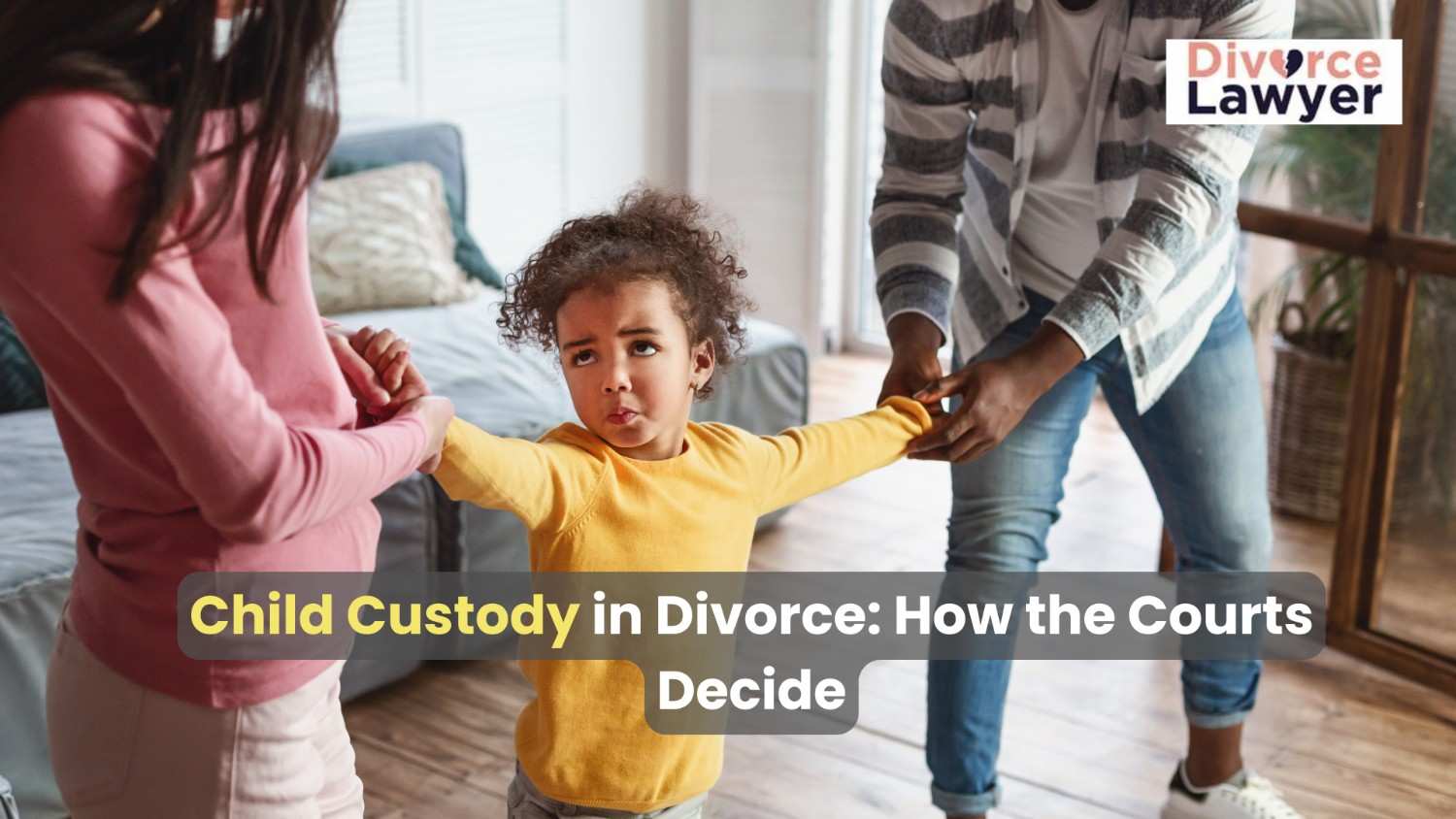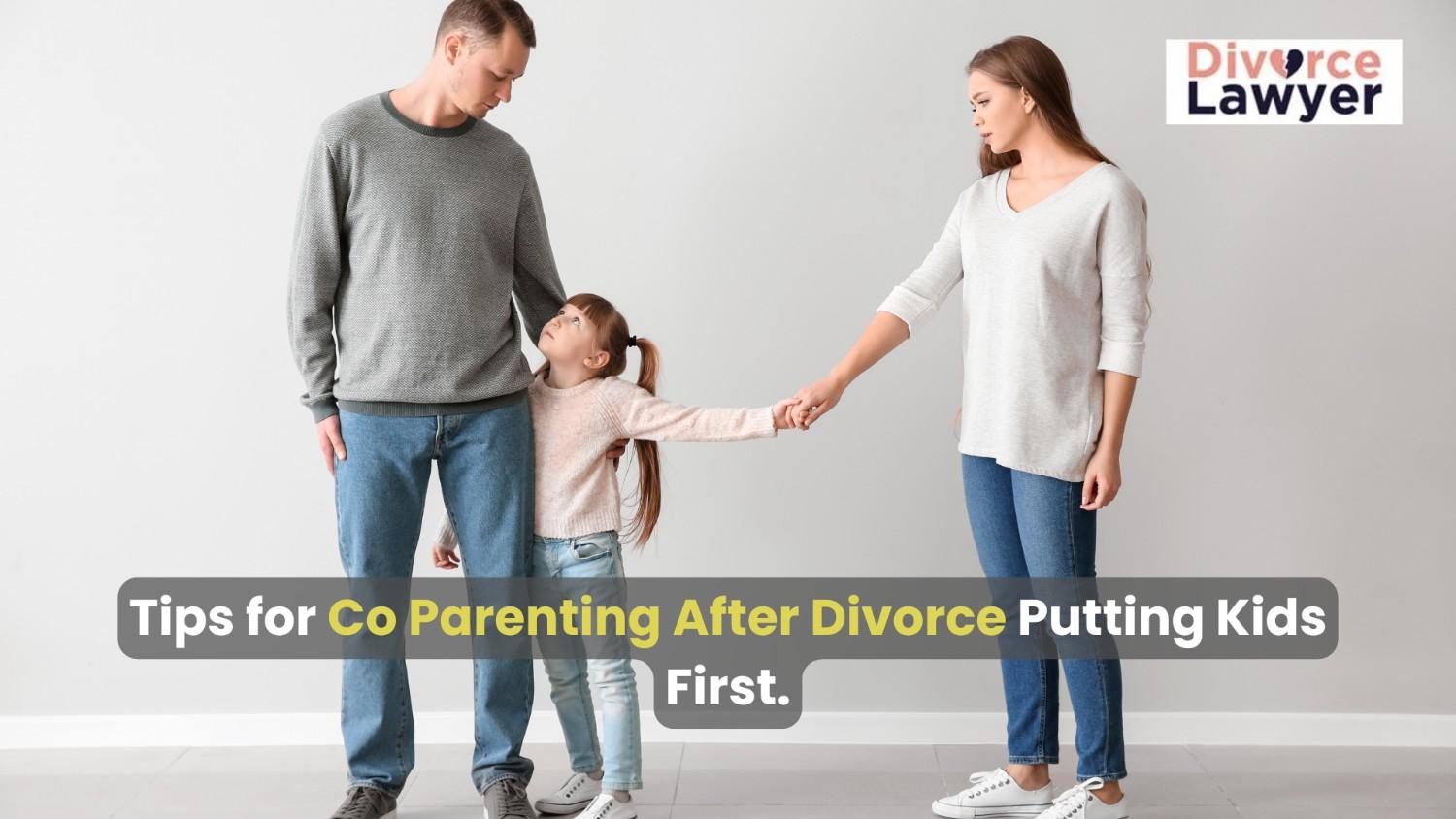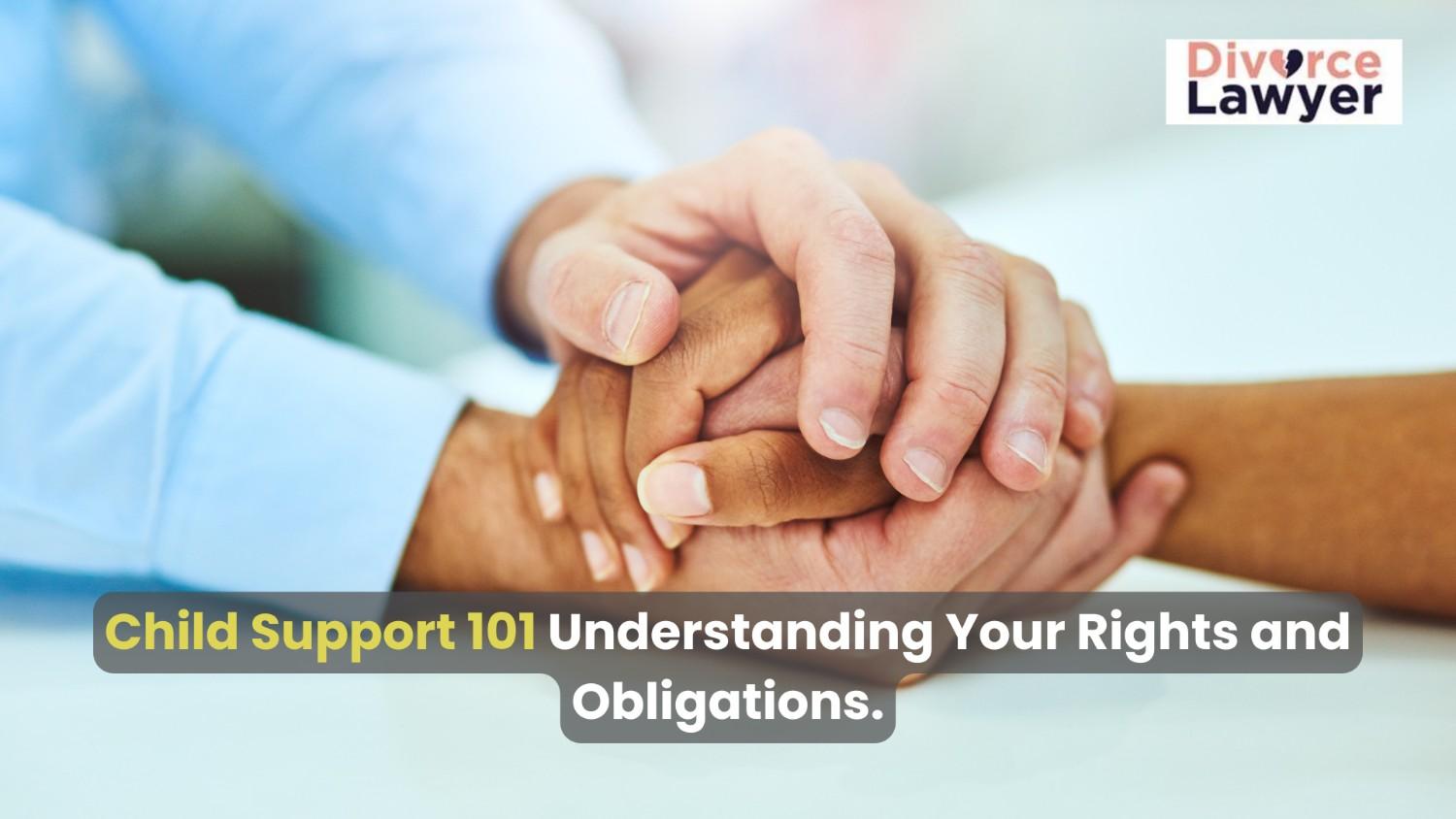· Child Custody & Parenting · 5 min read
Child Custody in Divorce: How the Courts Decide
Learn how courts decide child custody in divorce, from types of custody to factors considered, and the role of parenting plans.

Divorce is challenging for all involved, but when children are part of the equation, the complexities multiply. Child custody decisions can be particularly emotional and overwhelming, often leaving parents anxious about their children’s future. If you’re facing a custody battle or just want to understand how custody decisions are made, here’s a breakdown of the child custody process and what courts consider.
Overview of Child Custody Laws
Child custody laws differ from state to state, but they universally prioritize one main principle: the best interests of the child. Courts make every effort to prioritize the child’s well-being over the preferences of either parent. Whether you’re preparing for a custody case or simply want to understand your rights, knowing the basics of child custody laws can make a big difference.
Importance of Understanding Custody Rights
Knowing your custody rights helps you make informed decisions and safeguards your child’s future. It can also prevent unpleasant surprises during legal proceedings. The more prepared and knowledgeable you are, the better you can navigate this process.
Types of Child Custody
Understanding the different types of child custody can help you figure out what arrangement best fits your family’s needs. Courts may award any of the following:
Legal Custody
Legal custody is the right to make important decisions about a child’s upbringing, including education, healthcare, and religious practices. Parents with legal custody have authority over these major life choices.Physical Custody
Physical custody determines where the child will live most of the time. The parent with physical custody provides day-to-day care, offering a stable home environment for the child.Joint Custody
Joint custody allows both parents to share responsibility for the child. This can apply to both legal and physical custody and is generally favored by courts, as it encourages both parents to remain actively involved in the child’s life.Sole Custody
Sole custody is when one parent has full legal and/or physical custody. This might be awarded if one parent is found unfit or unable to provide proper care for the childFactors Courts Consider in Custody Decisions
Every custody case is unique, and courts look at a variety of factors to determine what’s in the best interests of the child:
Best Interests of the Child
The child’s physical, emotional, and psychological well-being are paramount. Courts strive to create an arrangement that promotes a stable and nurturing environment.Parental Fitness
Courts assess each parent’s capability to care for the child, examining mental health, financial stability, and overall ability to provide a safe and supportive home.Child’s Preference
In some cases, if the child is mature enough, courts may consider their preference. However, this is just one factor and is weighed alongside other considerations.Stability and Continuity
Children generally thrive with stability. Courts prefer arrangements that minimize disruption to the child’s life, such as keeping them in the same school or preserving relationships with friends and family.Impact of Parent’s Behavior
Courts consider each parent’s behavior and history, including any evidence of substance abuse, domestic violence, or neglect. Such behaviors can heavily influence custody decisions.The Role of Parenting Plans
A well-crafted parenting plan can help reduce disputes and provide clarity for both parents.
What is a Parenting Plan?
A parenting plan is a document that outlines how both parents will share responsibilities after the divorce. Courts often require this plan as part of the custody proceedings.Components of a Good Parenting Plan
A comprehensive parenting plan covers custody schedules, decision-making authority, methods of communication, and conflict resolution. The plan should also be adaptable to accommodate changes as the child grows.How to Prepare for a Custody Hearing
Preparation is essential for presenting a strong case:
Gathering Evidence
Documentation can support your claim to custody. This includes records of your involvement in the child’s life, communication logs, and testimonies from people who can vouch for your parenting.Legal Representation
A skilled family law attorney can help you navigate the complexities of custody cases and advocate on your behalf.Presenting Your Case
Be honest, composed, and focused on your child’s best interests during the hearing. Avoid criticizing the other parent, as courts generally view such behavior unfavorably.Mediation vs. Court Litigation in Custody Disputes
Not all custody disputes need to go to court. Here are the pros and cons of mediation and litigation:
Benefits of Mediation
Mediation allows parents to resolve custody issues outside of court, reducing hostility and often resulting in a quicker resolution. It can lead to more mutually agreeable outcomes.When Litigation is Necessary
If mediation fails or if one parent is uncooperative or abusive, court litigation may be necessary. In such cases, a judge will determine the custody arrangement based on the evidence presented.Modifying Custody Arrangements
Custody arrangements can change over time to reflect new circumstances.
Reasons for Modification
Changes in location, a parent’s ability to care for the child, or the child’s needs can all prompt a custody modification.How to Request a Change
To request a custody modification, you must file a petition with the court. The court will then re-evaluate the situation to determine if a change is in the child’s best interests.Conclusion
Child custody decisions are challenging but understanding the process can make it more manageable. Whether you’re navigating divorce or adjusting to post-divorce custody arrangements, staying informed and prepared will help you focus on what matters most: the well-being of your child



